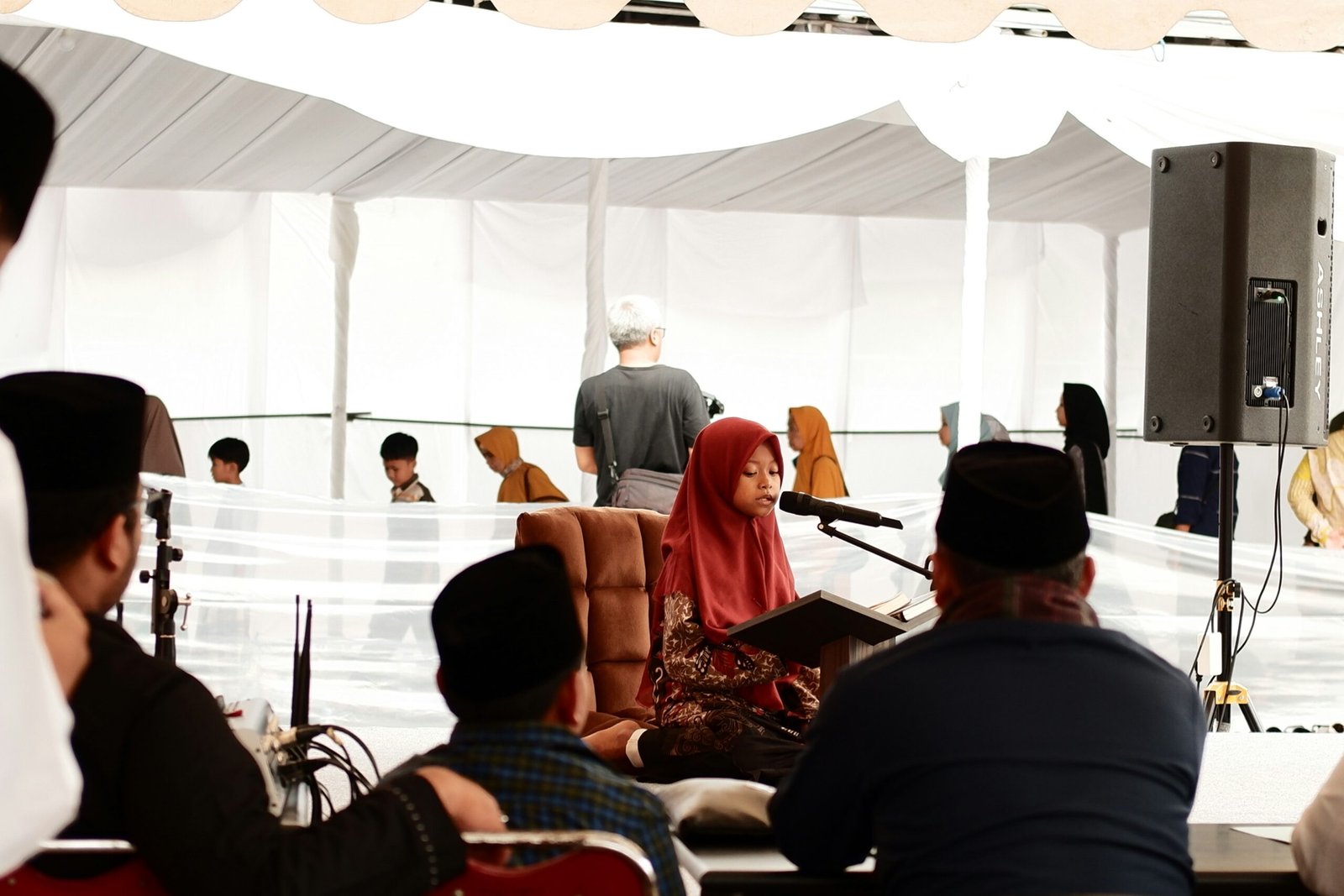Foundational Beliefs and Core Doctrines
The foundational beliefs and core doctrines of Islam and Christianity form the bedrock of each religion’s spiritual framework, influencing the daily lives and practices of their followers. In Islam, the concept of Tawhid, or the oneness of God, is paramount. Tawhid emphasizes that Allah is singular, unique, and incomparable, establishing a monotheistic framework that rejects any form of polytheism or idolatry. The Quran, regarded as the ultimate revelation and the literal word of God, serves as the primary source of guidance for Muslims. Additionally, the Prophet Muhammad holds a crucial role as the final prophet, whose life and teachings exemplify the principles of Islam.
Conversely, Christianity centers on the doctrine of the Holy Trinity, which encompasses the Father, the Son (Jesus Christ), and the Holy Spirit. This trinitarian belief underscores the unity of three distinct persons within one divine essence. The Bible, comprising the Old and New Testaments, is considered the authoritative scripture, chronicling the word of God and the life of Jesus Christ. Central to Christian faith is the belief in Jesus Christ as the Son of God and Savior, whose crucifixion and resurrection offer redemption and eternal life to believers.
The core doctrines of both religions deeply influence their spiritual outlook and practices. For Muslims, the emphasis on Tawhid shapes a rigorous commitment to worshiping Allah alone, reflected in daily prayers, fasting during Ramadan, and the Hajj pilgrimage. The Quran’s directives and the Prophet Muhammad’s Sunnah guide ethical conduct and communal responsibilities. In Christianity, the belief in the Trinity and the salvific role of Jesus Christ shapes worship practices, including the sacraments of Baptism and Communion, as well as a focus on love, forgiveness, and service to others, reflecting Jesus’ teachings.
Understanding these foundational beliefs and core doctrines offers profound insights into the spiritual landscapes of Islam and Christianity, highlighting both the distinct and shared aspects of these influential world religions.
Spiritual Practices and Worship
Spiritual practices and forms of worship are central to both Islam and Christianity, serving as fundamental expressions of faith and devotion. In Islam, the Five Pillars provide a structured framework for worship and spiritual growth. The Shahada, or the declaration of faith, is the cornerstone, affirming the belief in the oneness of God and the prophethood of Muhammad. Salat, the ritual prayer performed five times a day, is an act of discipline and submission, reminding Muslims of their continual devotion to God. Zakat, or almsgiving, embodies the principle of charity and social responsibility, ensuring the welfare of the community. Sawm, the fasting during the month of Ramadan, is an exercise in self-restraint and empathy towards the less fortunate. Lastly, Hajj, the pilgrimage to Mecca, is a profound act of worship and unity, undertaken at least once in a lifetime by those who are able.
In Christianity, sacraments such as Baptism and Communion hold significant spiritual meaning. Baptism symbolizes purification and rebirth, marking the initiation into the Christian faith. Communion, or the Eucharist, commemorates the Last Supper of Jesus Christ, serving as a reminder of his sacrifice and fostering a sense of communal fellowship. Prayer in Christianity, whether personal or communal, is a direct communication with God, seeking guidance, thanksgiving, and intercession. Church services, which often include hymns, sermons, and readings from the Bible, provide a collective space for worship and spiritual edification. Observing religious holidays like Easter and Christmas, which celebrate the resurrection and birth of Jesus respectively, are also key aspects of Christian worship, reinforcing the core tenets of the faith.
These spiritual practices are not merely ritualistic but are intended to deepen the believers’ connection with God. For Muslims, the regularity of prayers and the communal aspects of Zakat and Hajj foster a continuous awareness of God’s presence and a sense of belonging to the Ummah, or global Muslim community. For Christians, the sacraments and communal worship practices cultivate a personal relationship with God and reinforce their commitment to the teachings of Jesus. In both religions, these practices profoundly influence the daily lives of believers, guiding their moral conduct, providing spiritual solace, and reinforcing their faith.






Leave a Reply